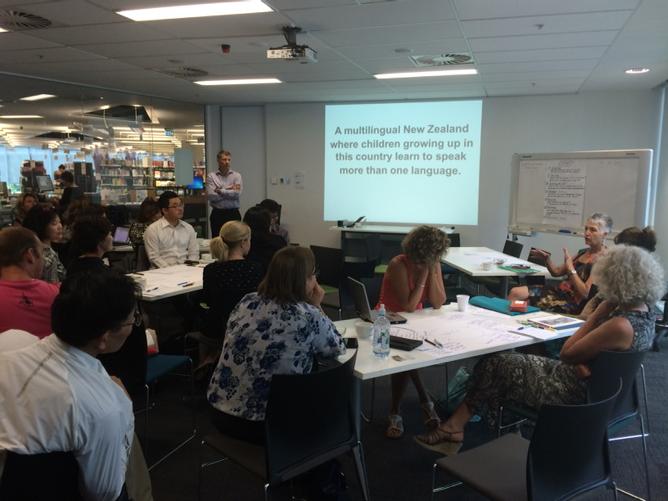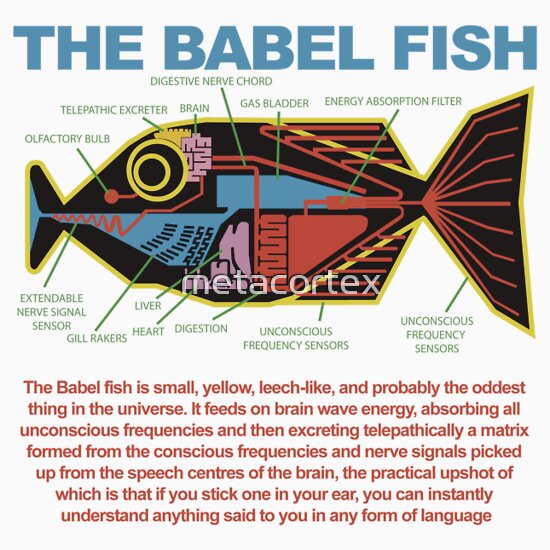Tēnā koutou katoa
Welcome back to the 2015 school year! Here is a heads up on the year ahead for the VLN Primary School and an invitation for all interested students & teachers to participate.
VLN Primary School activities - online classes and projects are open for all NZ schools to participate. Please read our Protocols of Participation for specific details on how to participate and what costs are involved.
This year we have a wide range of languages available - te Reo Māori, Mandarin, Japanese, Korean, French, Spanish, German; also Extension Maths, Science (Chemistry - Mixing things). Over the Back Fence & Rural & Remote Schools, are long running projects that are welcoming interest from new participants.
VLN Primary School activities - online classes and projects are open for all NZ schools to participate. Please read our Protocols of Participation for specific details on how to participate and what costs are involved.
This year we have a wide range of languages available - te Reo Māori, Mandarin, Japanese, Korean, French, Spanish, German; also Extension Maths, Science (Chemistry - Mixing things). Over the Back Fence & Rural & Remote Schools, are long running projects that are welcoming interest from new participants.
There are several programmes under development, that are yet to be confirmed for 2015 - Tokelauan, Ngā Pūrākau, Asian Studies, Science (Plant Biology) and we welcome expressions of interest for participation in these. We would also love to be able to offer Cook Islands Māori, Astronomy, Extension Literacy, Coding & Minecraft challenge and are looking for teachers who are keen to run these programmes. (We have run some of these programmes before and have supporting resources available.)
We are keen to support new projects or classes getting started so please make your suggestions!
All schools wishing to register for online programmes for Semester 1 (classes begin mid March) should do so on this online form as soon as possible. For expressions of interest in anything mentioned above or queries please Contact Rachel.
We are keen to support new projects or classes getting started so please make your suggestions!
All schools wishing to register for online programmes for Semester 1 (classes begin mid March) should do so on this online form as soon as possible. For expressions of interest in anything mentioned above or queries please Contact Rachel.
Check out our 2014 year's highlights








